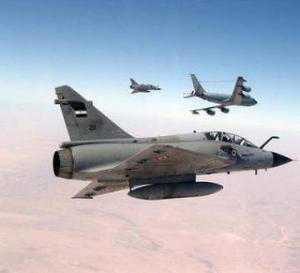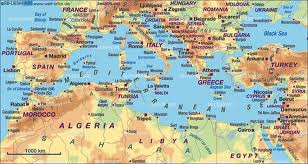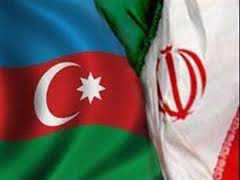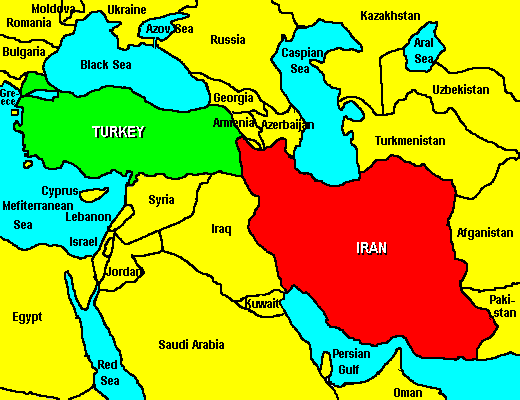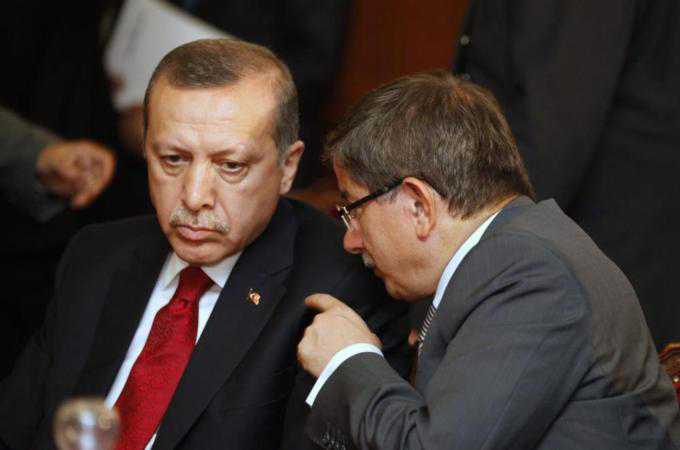
Gulnara Inandzh, Director of Information and Analytical Center Etnoglobus (ethnoglobus.az), editor of Russian section of Turkishnews American-Turkish Resource website www.turkishnews.com , [email protected]
Since 1982 every last Friday of Ramadan, in the initiative of the leader of the Islamic Revolution of Iran Imam Khomeini, “Quds Day” has been marked in a tribute to the solidarity with the Palestinian people. This year it was marked on the 17th of August.
According to wills of Imam Khomeini, spread of Islamic values is noted as one of the leading lines of the foreign policy of the Islamic Republic of Iran. “Quds Day”, as one of the wings of the spread of this policy, is of particular importance.
Over the past 30 years, the collapse of the Soviet Union and political change in the Arab world have expanded the geography of the “Quds Day” as a branch of the policy of exporting the Islamic revolution and its ideology.
The purpose of marking the “Quds Day” is to attract world attention to the occupied territories, includingPalestine. Loss of 20% of Azerbaijani territory, including Nagorno-Karabakh as a result of the war withArmeniaandAzerbaijan, also joined the list of states whose territories are under occupation.
In recent years, the reason of activity of “Quds Day” is connected with the coming to power of Islamist forces in some Arab countries.
OfficialTehran, using the favorable situation created by the so-called “Arab spring” to expand its influence in the region, expanded the range of “Quds Day”.Iranimprovises the liberation of Muslims from tyrannical regimes, by expanding geographic scope of their mission as a protector of the Muslims and thereby trying to regain the Muslim world.
“Arab Spring” changed the views regarding Nagorno-Karabakh conflict in the West as well as in the East. Statement by the Deputy Minister of Foreign Affairs of Saudi Arabia Prince Khalid bin Saud bin Khalid, “the need in this stage to increase pressure of the international community on Armenia in order to resolve the Nagorno-Karabakh conflict,” confirms this position.
Latest statement by supreme spiritual leader of Islamic Republic of Iran Ali Khamenei also draws attention in this regard: “Karabakh is Islamic land …. The Iranian parliament will support the fact that Karabakh belongs to Islam,Azerbaijan.
With the elections in Nagorno Karabakh there are attempts to neglect the facts that these lands’ belong to Azerbaijan and Islam. No matter how much time has passed the reality that Karabakh is Islamic land will not be forgotten. Karabakh will be released by the Muslim Azerbaijanis.”
Increase of reputation of Azerbaijanin the Middle East created good condition for leading Arabic countries andIran, along withIsrael, to take advantage of the situation.
In order to attract the interest, Azerbaijanfirst of all needs to advance effective suggestions and support.
Iranplan, within the framework of the “Qods Day”, to bring to the agenda the issue with respect to the liberation of occupied Azerbaijani territories byArmenia, including the Nagorno-Karabakh and to bring this conflict to the attention of the world Muslim community. The above statement by Ali Khamenei in connection with the Nagorno-Karabakh should also be seen on this plane.
Official Baku recognizes independence of Palestineand supports the idea of partition of Palestine Qodsi on the western and eastern parts. Azerbaijanshall take advantage of imposition of the Nagorno-Karabakh conflict on account of the Islamic world along with the status of Gods.
The processes in the Arab world, a tough fight of the regional states and world powers for the division of spheres of influence and control on the Middle East, creates condition for causing the conflict out of control in the Caucasus, including conflict between Armenia and Azerbaijan. Violation of the last months of ceasefire by the Armenian side and the loss of our soldiers endangers the resumption of hostilities frontal zone, with difficulty repressed for 20 years. Taking into account the impacts of the Armenian communities of the Arab countries by the Armenian lobby in the policies of these countries, in the event of renewed hostilities on the Armenian-Azerbaijani front, position of the Islamic world towards the Nagorno-Karabakh issue will be of great importance forAzerbaijan.
Under such circumstances,Azerbaijanis interested in delivering the Nagorno-Karabakh conflict through the Islamic world to the attention of world public opinion.

